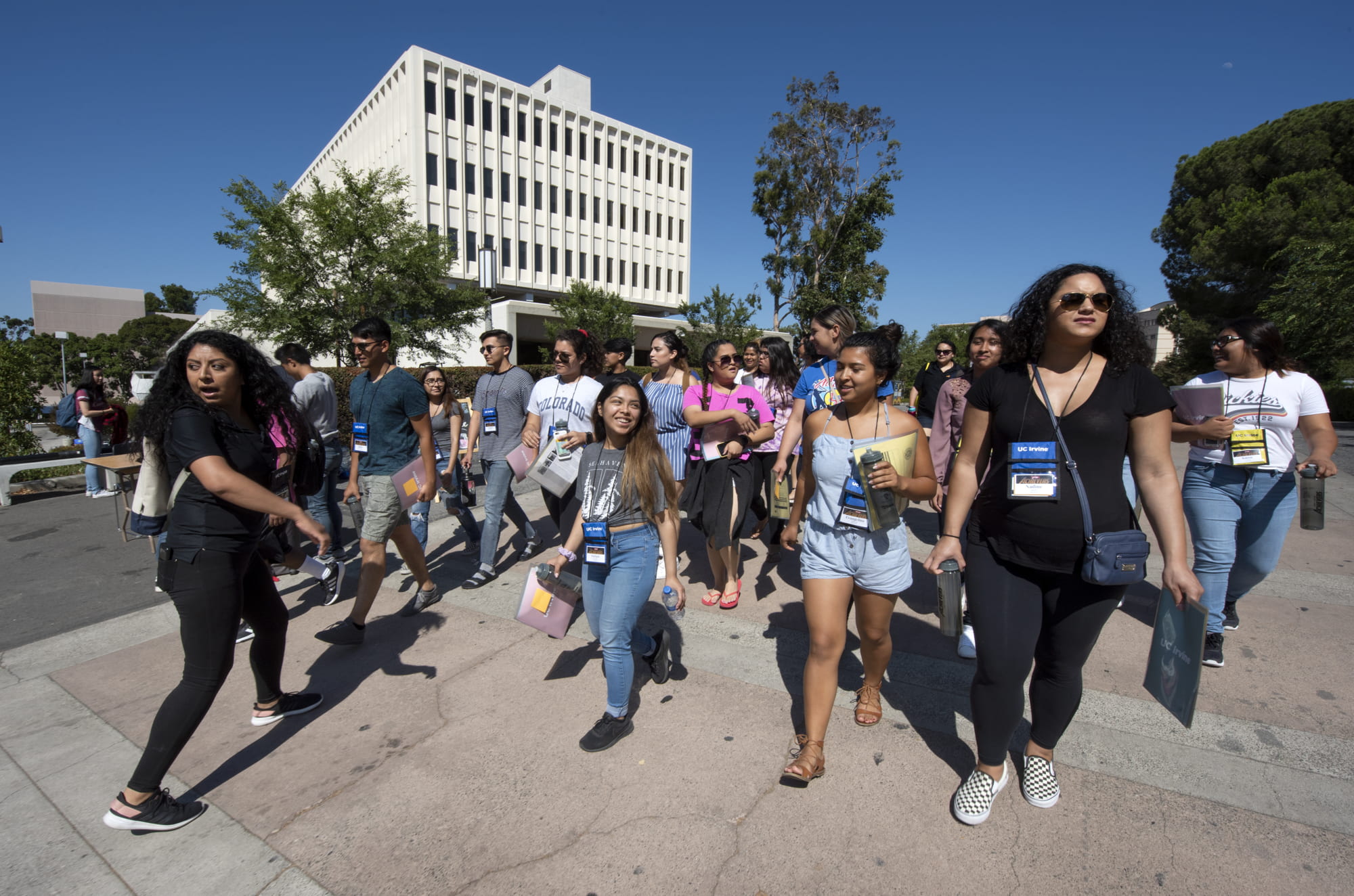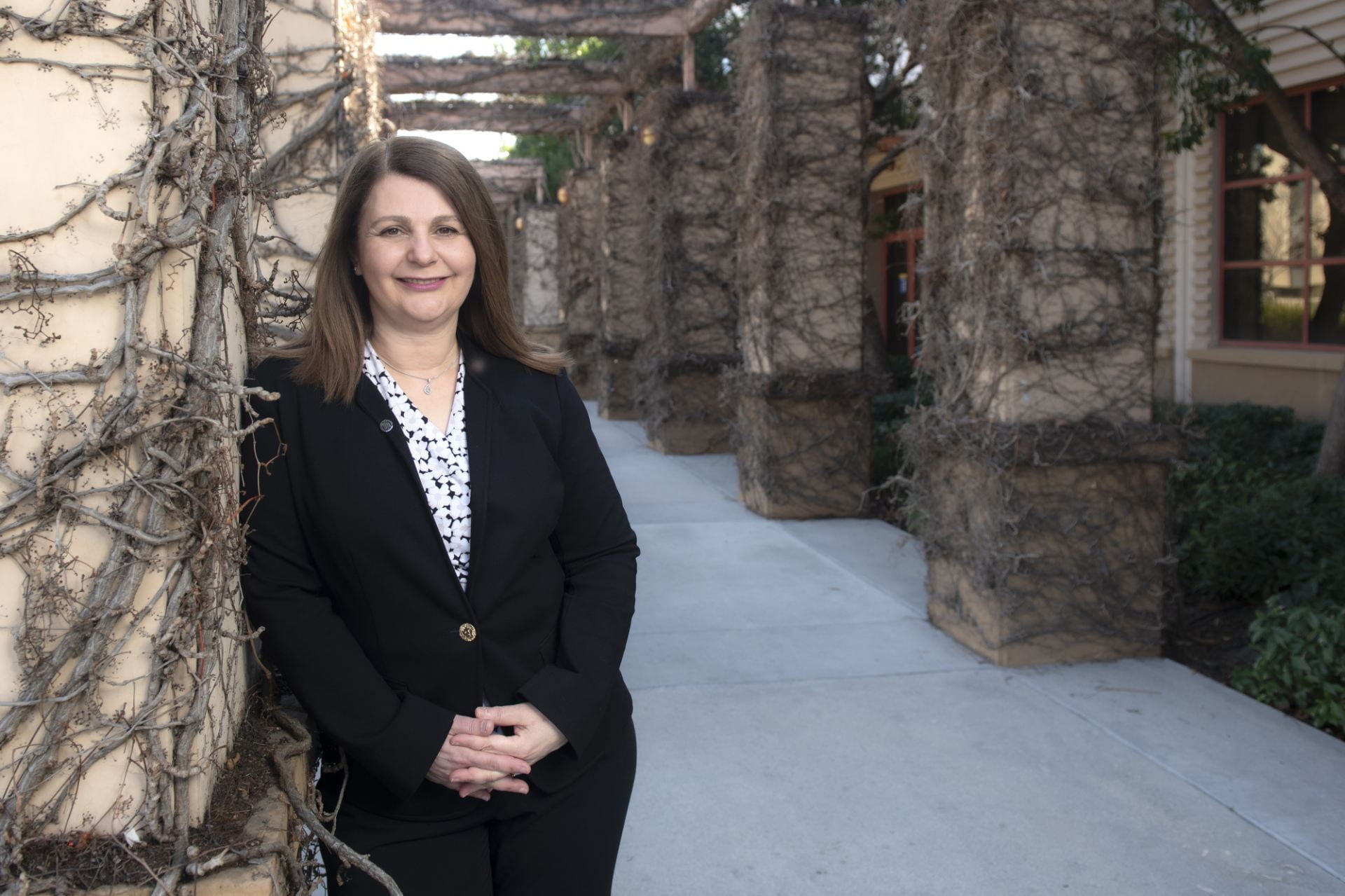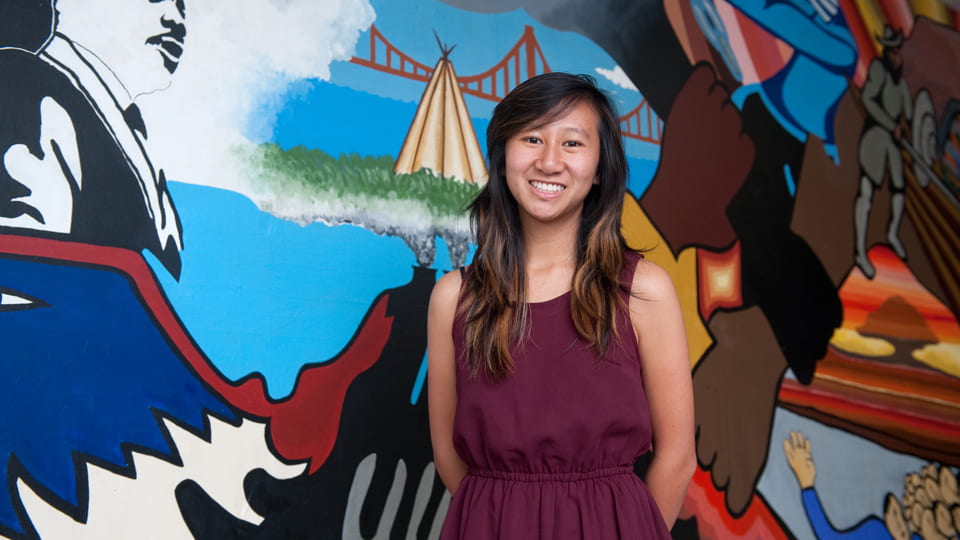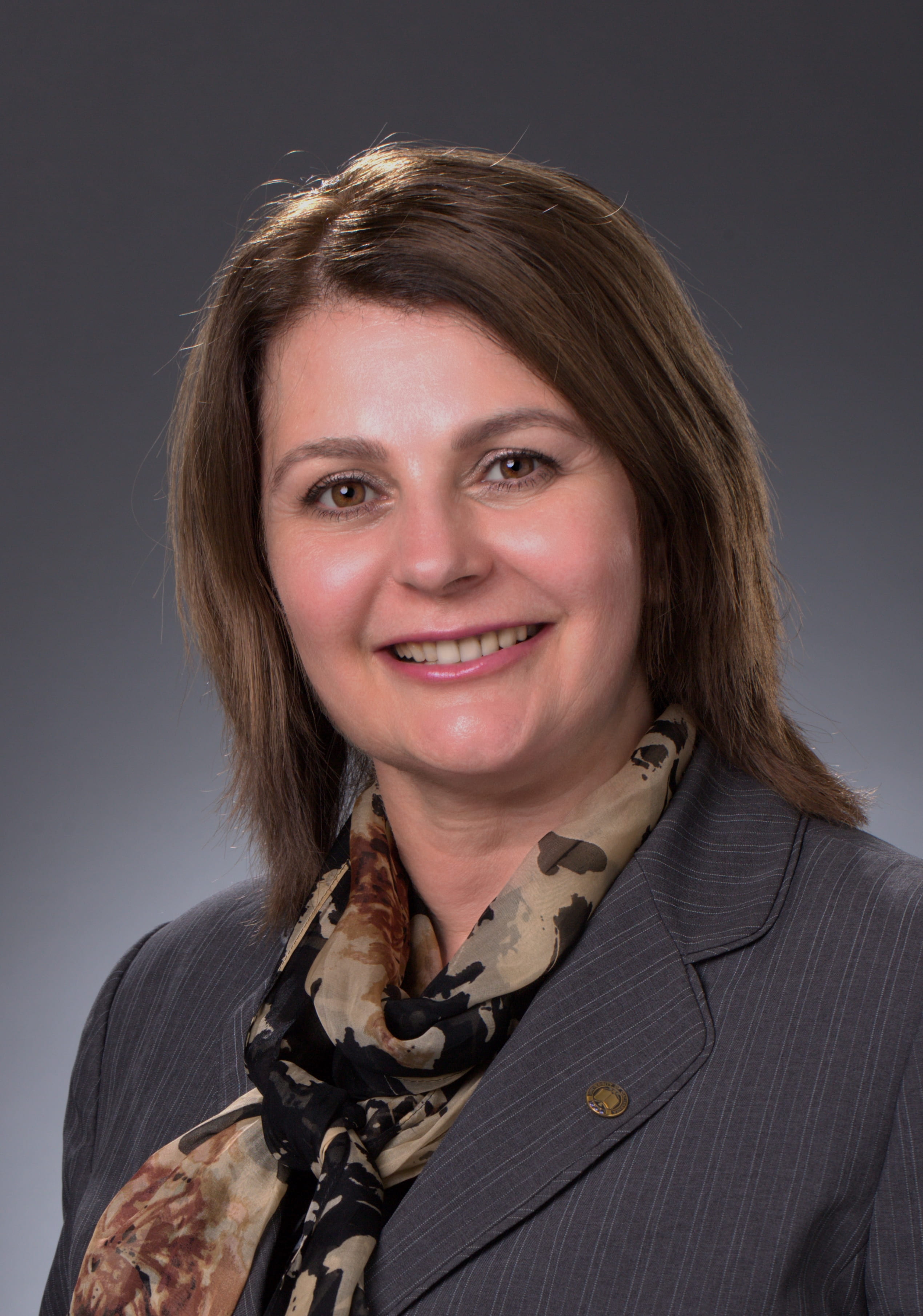A pipeline to higher education
Now 25 years old, UCI’s Summer Scholars Transfer Institute continues to empower local community college students

“Without fear, without doubt, without discomfort, what is there for a person to overcome?”
These words, spoken by tennis champion Serena Williams, came to the mind of Sabrina Torres as she reflected on her time at UCI’s Summer Scholars Transfer Institute.
Torres is one of 120 students from Rio Hondo and Santa Ana community colleges who took part in the 10-day residential program in late July. Established in 1993, SSTI lets eligible students – many of them low-income – complete an intensive academic course while living, eating, sleeping and studying on campus, at no cost.
It’s one of three transfer preparation programs offered this summer by UCI’s Center for Educational Partnerships, which aims to increase community college transfer rates to four-year institutions. Santana Ruiz, deputy director of the center, says they’re “for students to get a sense that they do belong here. It’s reachable. ‘I could go to UCI.’”
Community college transferees make up a significant part of UCI’s undergraduate student body. On average, the campus enrolls one transfer student for every two in-state freshmen (nearly 3,000 in 2017-18), and it boasts one of the highest transfer retention and graduation rates among all American universities.
A bridge to a university education
SSTI requires each participant to finish a core course – in Earth science, English, political science or speech this summer – over the 10 days for three units of transferable credit.
The students stay in the Middle Earth housing complex, and the classes are taught by Rio Hondo and Santa Ana faculty, who – along with a close network of counselors, teaching assistants and resident advisers – are also required to live on the UCI campus for the duration of the program.
SSTI success stories abound, such as that of Mike Munoz, currently vice president of student support services at Long Beach City College. In 1999, he was a 19-year-old single father taking vocational training courses at Fullerton College when he enrolled in the summer institute.
It opened his eyes to the University of California system and his own potential as a student. Munoz eventually transferred to UCI, where he earned a B.A. in psychology & social behavior in 2002. He went on to complete master’s and doctoral degrees at California State University, Long Beach.
As he advanced in his career, Munoz kept SSTI in his sights. As an administrator at Rio Hondo, he got the college involved with the program, and over the past three years, two of his nephews have taken part in it.
Munoz believes that SSTI’s effectiveness comes from immersing students – most of them Latino, usually the first in their families to attend college – in a supportive environment with no distractions.
“A lot of first-generation Latino students lead complex lives,” he says. “They have to juggle multiple roles. Sometimes they have to work, or they’re undocumented. There are many things that compete with education.”
Rio Hondo political science professor Juana Mora, who teaches an SSTI course, agrees with Munoz about the institute’s approach: “We’re in this together, so it’s not just about one student doing the work by themselves. It’s about the class helping each other as they progress through the chapters.”
“Some of the participants’ goals are changing as they’re experiencing the program,” adds Jose Lara, a transfer counselor at Rio Hondo. “A lot of them didn’t think that they were even worthy of going to a UC, and now, going through this program, they say, ‘I want to come to UCI. That’s my goal now.’”
Nurturing confidence
In this summer’s SSTI speech class, Rio Hondo instructor Casey Jones reminded her students who were nervous about public speaking: “If you’re comparing yourself against the best person out there, we all lose, but if you’re comparing yourself against your own progress, your own distance traveled on the journey, you can look back and see how far you’ve come.”
Days later, in front of Jones’ classroom of 60, students confidently debated the pros and cons of animal testing and whether the government should ever withhold information from its citizens. Desks rumbled with taps and knocks of support. Again and again, students burst into applause after emphatic speeches.
In Mora’s SSTI political science course, Rio Hondo’s Sabrina Torres found her voice in political reporting. Now hoping to transfer to New York University and major in journalism, she admits the class wasn’t easy at first.
“I was scared I was going to fall behind, that I wasn’t going to be able to get through this, but seeing myself do it has proved that I can overcome things I’m afraid of,” Torres says. After all, she adds, quoting Serena Williams, “without fear, without doubt, without discomfort, what is there for a person to overcome?”







